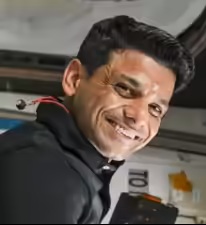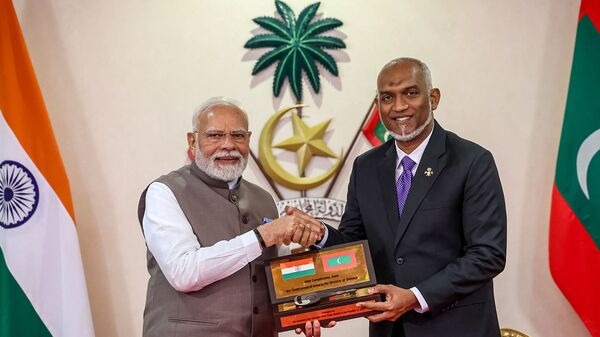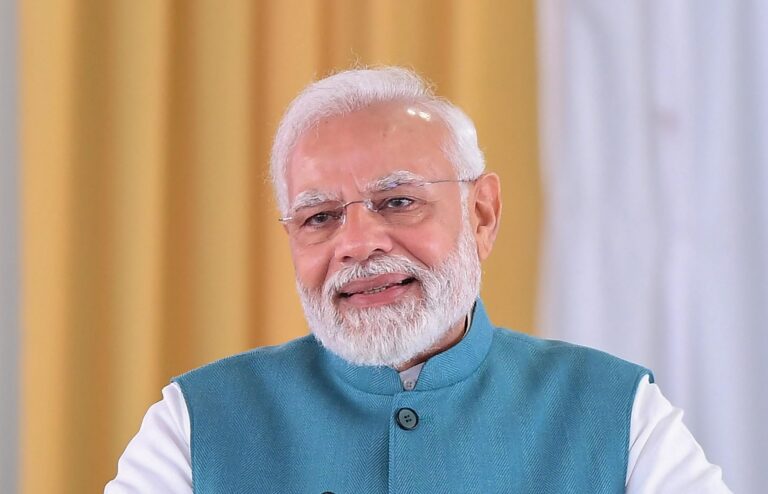
As per the schedule, the duration of their stay on the lower orbiting laboratory was for a two-week duration, which should have ended on July 10.
The Axiom-4 (Ax-4) mission, which includes Indian astronaut Group Captain Shubhanshu Shukla, will return from the International Space Station (ISS) on July 14, the company announced on social media.
“Pending favourable weather conditions, the Axiom Mission 4 (Ax-4) crew is set to undock from the International Space Station no earlier than Monday, July 14, at 7:05 a.m. ET (4.35pm IST),” Axiom Space Inc stated on X.
The US-based space firm said that Commander Peggy Whitson, Pilot Shubhanshu “Shux” Shukla, and Mission Specialists Sławosz “Suave” Uznański-Wiśniewski and Tibor Kapu “are making the most of their final days on orbit, pushing forward a wide range of experiments that could shape the future of space exploration and improve life on Earth”.
Earlier this week, the European Space Agency, which has deputed Polish astronaut Uznański-Wiśniewski, suggested July 14 as the return date for the crew members.
As per the schedule, the duration of their stay on the lower orbiting laboratory was for a two-week duration, which should have ended on July 10.
Since the Spacex Dragon spacecraft Grace docked on ISS on June 26, the AX-4 mission, the crew have been engaged in 60 experiments representing 31 countries. These have advanced scientific studies, tested new technologies, and engaged in global outreach efforts, said Axiom Space.
Shukla, representing the Indian Space Research Organisation (ISRO), has been conducting seven indigenously designed and developed microgravity experiments and five under the ISRO-NASA collaboration.
On Day 15, Shukla continued to work on the microalgae experiment, deploying and stowing samples that could one day provide food, oxygen, and biofuels for deep space missions.
The entire crew, among several experiments, continued the Voyager Displays’ study, which examines how spaceflight affects eye movement and coordination. The crew, as part of the studies, also donned virtual reality headsets and neural monitoring caps to assess how microgravity influences attention, motor skills, and stress responses.




